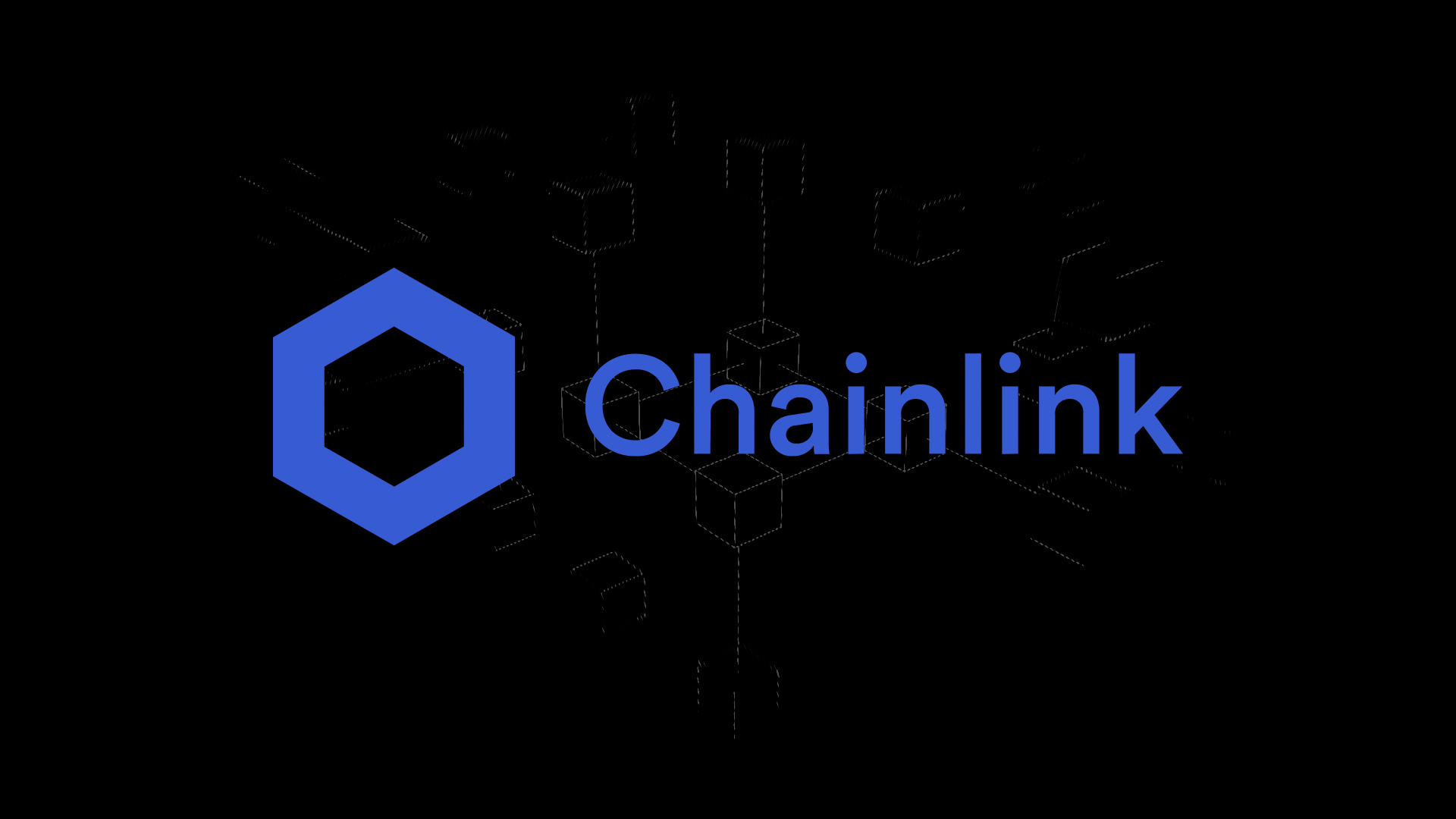Chainlink has launched its Cross-Chain Interoperability Protocol (CCIP) for early adopters, with a full roll-out soon to follow. The protocol is designed to serve and facilitate cross-chain transactions across a number of blockchains currently operating from within and alongside the Ethereum and EVM ecosystems.
Notably, this innovative protocol is now live on several major blockchain platforms, namely , , , and .
The integration of this service has already stimulated the market, evidenced by the near 10% uptick in the price of Chainlink's native token, LINK, which soared to a high of $7.30 in the wake of the announcement.
Boosting Blockchain Connectivity with CCIP
Earlier this week, Chainlink's unveiled the CCIP's early access availability on multiple blockchain platforms. This development not only enhances the potential for interconnectivity among various blockchain ecosystems but also by providing a robust platform to create custom cross-chain solutions.
A key advantage that the CCIP brings to the table is its "Simplified Token Transfers" feature. This functionality empowers protocols to expedite the process of sending tokens across chains, all under the assurance of audited token pool contracts.
This cross-chain protocol is a collaborative undertaking involving Swift, the esteemed global financial messaging network. The CCIP leverages Swift's advanced messaging infrastructure, facilitating seamless token transfers across an array of public and private blockchains.
Key Elements of The Protocol
The Cross-Chain Interoperability Protocol (CCIP) has been designed to cater to developers' needs by providing them with flexible tools to create custom cross-chain solutions. An example of this is its Arbitrary Messaging feature, which opens up the possibility for unique . Additionally, Simplified Token Transfers, which utilize audited token pool contracts, streamline the process of moving tokens across chains. This feature saves development time by eliminating the need for writing custom code.
A key element of CCIP's implementation strategy is its collaboration with established financial messaging network (stylized in some cases as SWIFT), along with several financial institutions. This collaboration focuses on utilizing existing messaging infrastructures to facilitate token transfers across diverse blockchain environments.
By enabling traditional finance to connect with decentralized networks, this innovative approach lays a foundation for a new phase of collaborative advancement between these two sectors. The integration of CCIP into multiple major blockchains marks a significant stride in improving blockchain interoperability, fostering greater connectivity, and utility in decentralized networks. Chainlink is also partnered , which is designated as a node operator.
Chainlink's co-founder, Sergey Nazarov, pointed out that the CCIP serves in such a way that it [functions to]:
"connect the fragmented public blockchain landscape and the growing bank ecosystem into a single Internet of Contracts."
Nazarov further emphasized that such a technological advancement would be vital in shaping and sustaining a society powered by blockchain.
Various prominent financial institutions and enterprises, including the Australia and New Zealand Banking Group (ANZ), BNP Paribas, BNY Mellon, Citi, Euroclear, and Lloyds Banking Group, are currently exploring the possibilities and benefits presented by the CCIP.
Investment Disclaimer














